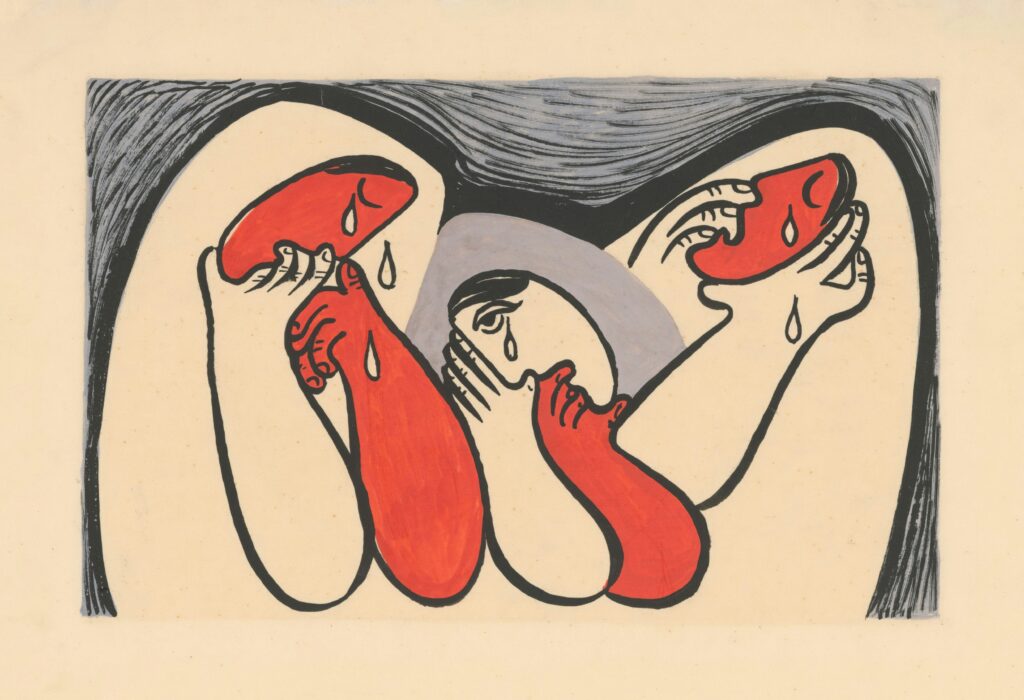Understanding Hormonal Imbalance: Signs Every Woman Should Know
Posted in Breast Stories | By Yasmin S.

Hormonal imbalances are common yet often overlooked. Hormones play a key role in regulating many of your body’s vital functions, including mood, metabolism, and reproduction. When these hormones are out of sync, it can lead to a variety of symptoms that affect your daily life.
In this article, we’ll explore the common signs of hormonal imbalance, what causes it, and how to restore balance to improve your overall health.
What is Hormonal Imbalance?
Hormonal imbalance occurs when the levels of specific hormones in your body are too high or too low. Key hormones that affect women’s health include estrogen, progesterone, thyroid hormones, and cortisol (the stress hormone). A range of factors, such as stress, diet, lifestyle, and age, can contribute to hormonal imbalance.
Common Signs of Hormonal Imbalance
1. Irregular Periods or Missed Periods
Irregularities in your menstrual cycle, such as missed periods or heavy bleeding, can indicate hormonal imbalances, particularly related to estrogen and progesterone levels.
2. Persistent Fatigue
Fatigue or a general lack of energy, despite getting enough rest, may be caused by low thyroid hormone levels or high levels of cortisol due to stress.
3. Weight Gain or Difficulty Losing Weight
If you’ve suddenly gained weight or find it harder to lose weight, hormonal fluctuations—particularly involving insulin, thyroid hormones, and cortisol—could be the cause.
4. Mood Swings and Anxiety
Fluctuating levels of estrogen and progesterone are often linked to mood swings, irritability, anxiety, and even depression.
5. Acne and Skin Issues
Hormonal shifts, particularly increases in androgens (male hormones), can lead to acne outbreaks, even in adult women.
6. Hot Flashes or Night Sweats
Common during menopause and perimenopause, but hormonal imbalances at any stage of life can cause hot flashes and night sweats.
7. Sleep Disturbances
Hormonal imbalances, especially involving estrogen and progesterone, can interfere with your ability to sleep well, leading to insomnia or disrupted sleep patterns.
8. Low Libido
Changes in your hormone levels, especially a decrease in estrogen, progesterone, and testosterone, can result in a reduced sex drive and vaginal dryness.
Causes of Hormonal Imbalance
Hormonal imbalances can be caused by several factors, including:
- Age and life stages: Puberty, pregnancy, and menopause can all bring about significant hormonal changes.
- Stress: Chronic stress can elevate cortisol levels, which disrupt other hormones.
- Diet and lifestyle: Poor nutrition, lack of exercise, and sleep deprivation can all impact hormonal health.
- Underlying health conditions: Polycystic ovary syndrome (PCOS), thyroid disorders, and adrenal disorders are known to cause hormonal imbalances.
How to Restore Hormonal Balance
- Healthy Diet
Eat a balanced diet rich in vegetables, fruits, whole grains, healthy fats, and lean protein to support overall health and hormonal balance. Avoiding excess sugar, processed foods, and caffeine can help reduce imbalances. - Exercise Regularly
Physical activity promotes hormone regulation and reduces stress. Aim for a combination of cardio and strength training exercises to support metabolic and hormonal health. - Stress Management
Chronic stress disrupts hormone levels, so finding effective ways to manage stress—such as meditation, yoga, deep breathing, or even spending time in nature—can help restore balance. - Sleep Well
Getting enough quality sleep is essential for hormone production and regulation. Aim for 7-9 hours per night and create a sleep-friendly environment by reducing screen time before bed and maintaining a consistent sleep schedule. - Consult a Healthcare Professional
If you suspect a hormonal imbalance, it’s important to consult with a healthcare provider for proper diagnosis and treatment. They may suggest lifestyle changes, blood tests, or medication if needed.
Hormonal imbalances are a natural part of life, but recognizing the signs early can help you take the right steps toward restoring balance. By paying attention to your body and making necessary adjustments in your diet, lifestyle, and stress management, you can improve your overall well-being and feel more in tune with your body’s natural rhythms.
Visit us at: https://stherb.us/product-category/products/
